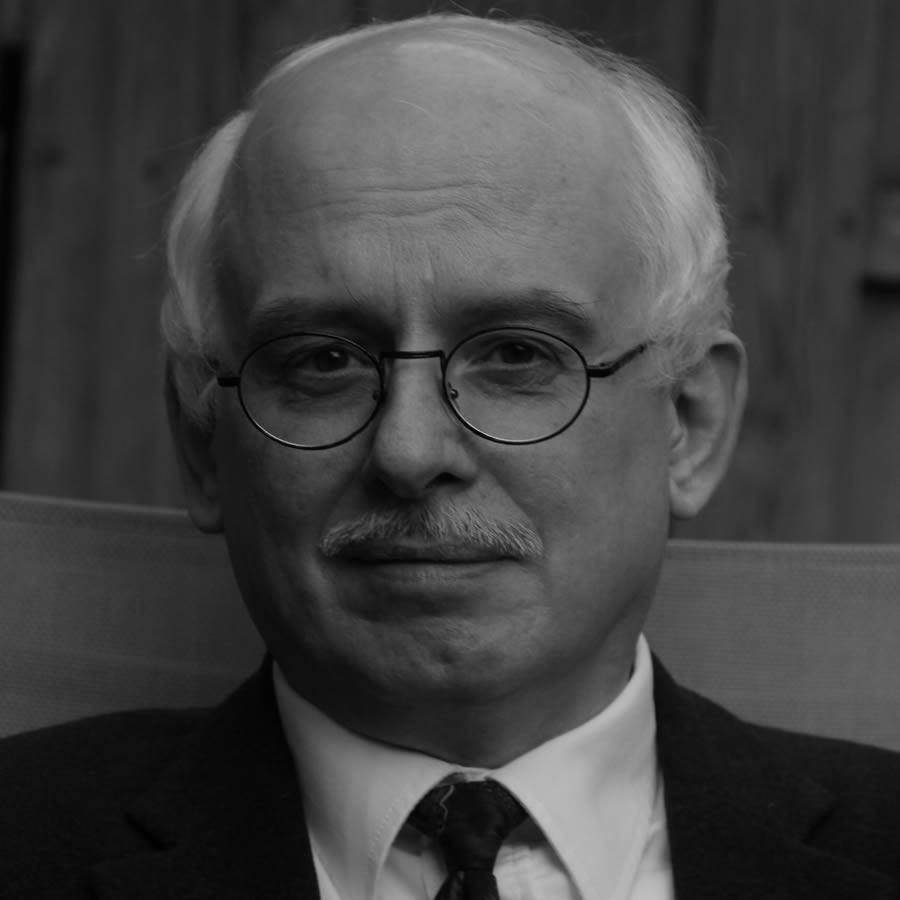I strongly believe in the artistic value and importance of John Borstlap’s work for the classical music culture of today. In my opinion, Borstlap’s idea of a revival of the classical tradition is a much-needed injection into music life, and an important contribution to the development of new creation.
—Jaap van Zweden, Music Director, New York Philharmonic (2018), Dallas Symphony, Hong Kong Philharmonic
I think he is one of the truly remarkable intellects of our time, a serious and inspired composer, and a person with an unusual grasp of the role of the artist in general, and the composer in particular in the cultural conditions that have developed in modern Europe.
—Roger Scruton
We are honored to count among our friends and now among FSI’s fellows, a great mind from whom we have gained much insight into the thorny problems of musical composition in our modern age. Composer and author John Borstlap is an especially suitable choice for FSI because of the difficulties he has had to overcome in his career. His struggles, we believe, are those with which many living composers (and would-be composers) can identify.
We often describe FSI as a think tank comprised of experts who bring to the conversation great value and insight from outside the world of classical music and the arts. John Borstlap, a prolific and respected composer, actually fits into that mold. Mid-career, he found himself an outsider, banished by the bureaucratically managed and politically guarded musical system in Holland. His crime was that he composed from his heart in way that might be described as harking back to the late romantic period – an affront to the demands of the ruling avant-garde elite of his country. His struggle to survive became perhaps his most formative experience, pressing him into the roles also of a student of politics and a philosopher of music. This we find true of our other fellows, Sir Roger Scruton and Leon Krier, too: they were banished from mainstream conversation by the new orthodoxy of perverse modernist ideology that controls today’s arts, and the identification of which runs as a common thread through our work at FSI.
Borstlap has written, by our estimation, one of the most insightful books on the challenges faced by classical music, The Classical Revolution. In this concise and adept volume, he delves into the many assumptions that the modernist takes for granted such as notions of progress, limitlessness, and what WWII should have taught us. We encourage you to read it if you haven’t already. And we also direct you to his website, where there is more valuable reading posted on a regular basis.
